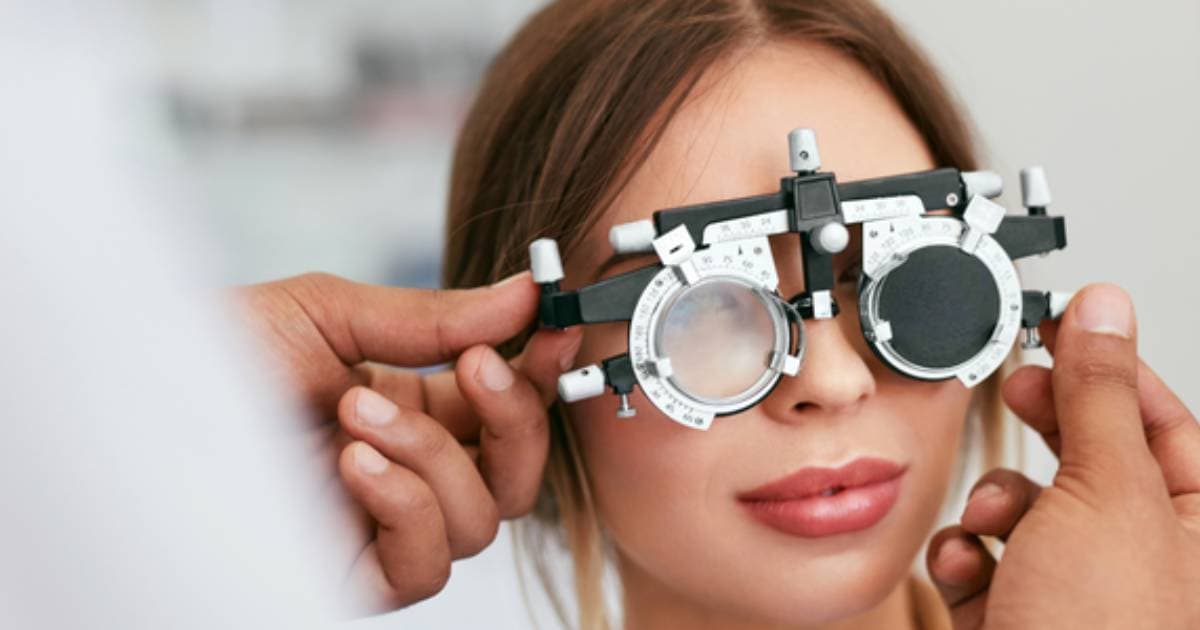Vision test or eye test

What is the difference between an eye exam and a vision test? You'll find the answer in the article!
An eye exam is an important screening test that is recommended to be done at regular intervals just like dental check-ups or any other preventive examinations. It's not only important when you already have serious vision problems, as detecting complaints in time makes them easier to manage.
And if you need to correct your vision with glasses or contact lenses , it's worth going for an exam every six months to find out whether your eyes have deteriorated or improved, and to ensure that you always wear the right prescription for you.
But wait, you can find results for both terms in abundance on the internet. So, what do you need? An eye exam or a vision test? Or are they the same thing? Let's find out!
The differences between an eye exam and a vision test
An important difference between an eye exam and a vision test is that ideally, the former is performed by an ophthalmologist and is not limited to checking vision and visual acuity. An eye exam involves a comprehensive examination of the eye and is intended to detect ophthalmic abnormalities, diseases such as glaucoma, cataracts, or other abnormalities affecting the fundus of the eye.

The vision test is also performed by a specialist called an optometrist. The focus of this test is to determine how well the patient sees, whether there is any refractive error in the eye, and whether glasses or contact lenses are necessary. If the optometrist detects anything abnormal during the examination, the patient is referred for a comprehensive ophthalmic examination.
Eye exam - who should have it
The eye exam is essentially a much more complex examination, which, like the vision test, is also recommended to be done periodically, especially if you notice any complaints. Suspicious signs may include excessive light sensitivity, double vision, or a decrease in spatial vision. These symptoms may indicate problems that cannot be corrected with glasses or contact lenses, so if you notice them, it is recommended to see an ophthalmologist for a comprehensive eye exam.
Vision test - who should have it
If you have no eye complaints, or "just" experience a decrease in vision, it's worth seeing an optometrist and having a vision test done. The vision test proceeds as follows:
First, our qualified optometrist colleague takes your data and asks about any medical history. This is followed by objective and subjective examinations. The former refers to computerized eye tests, which are quick, accurate, and of course, painless. During the latter, subjective examination, the patient can determine which lenses provide the best vision for them.
In addition, a so-called slit lamp examination can also be performed to map the anterior and posterior segments of the eye. After the examinations, the glasses prescription and frame selection are made.

